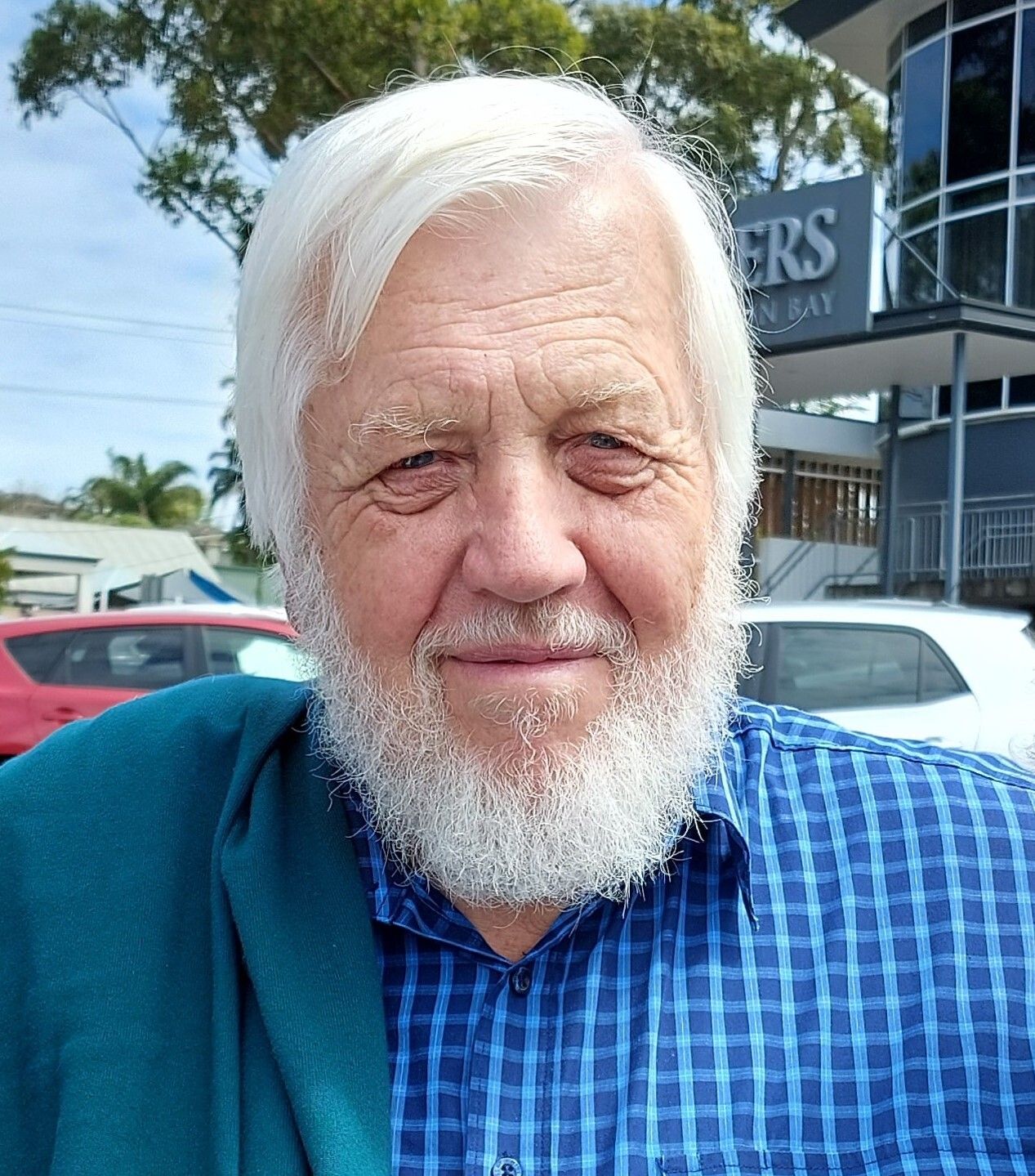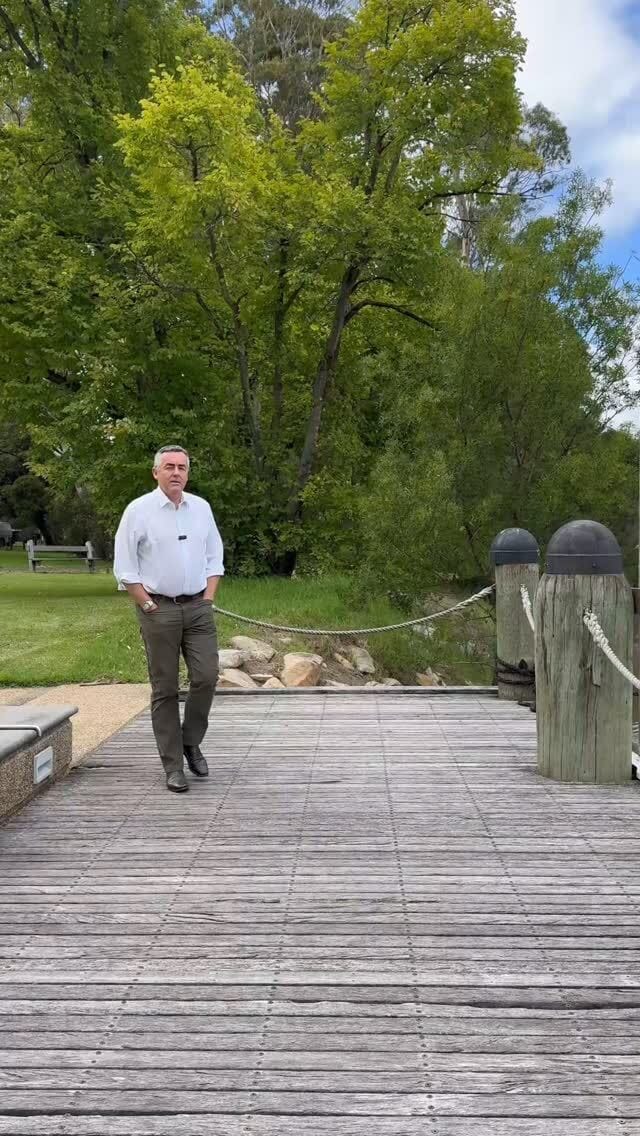Who are the candidates in this year's federal election across Gippsland?
Gippsland includes electorates that have been single-party strongholds for decades, as well as tight contests where modern challengers like their odds. Here's our guide to when the next federal election may be held, who you can vote for, and what they hope to achieve if they are elected into power.

Table of Contents
Who are the candidates for Monash?
Terence Steele (Greens)
Kuljeet Kuar Robinson (One Nation)
Geoff Dethlefs (Family First)
The next Australian federal election will take place on Saturday May 3. To keep you up to date we wanted to take a closer look at the candidates in the federal electorates of Gippsland and Monash.
We’ll endeavour to continue to update this as new candidates announce their campaigns and the election race heats up.
Otherwise, please reach out to us at [email protected] to tell us about the issues that will be swaying your vote this year, or what you want us to ask your local MPs.
When will the next federal election be held?
With Labor recently struggling in the polls most pundits expect Prime Minister Anthony Albanese to hold the election as late as possible in the cycle (May 17) to give the government a chance to climb back.
Gippsland

The current Gippsland electorate. Image credit: Australian Electoral Commission.
The Gippsland electorate covers 33,131 square kilometres and there are four Local Government Areas (LGA) included in its boundary: East Gippsland Shire Council, Wellington Shire Council, part of the Baw Baw Shire Council and part of the Latrobe City Council.
The electorate got its name from the southeast region of Victoria, named in March 1840 to honour Sir George Gipps, who was Governor of NSW at the time.
The federal electorate has existed since federation in 1901.
Gippsland 2022 election recap
Nationals MP Darren Chaster has held Gippsland since 2008.
Chester received 55.39 percent of the first preference votes at the 2022 election, with Labor candidate Jannette Langley receiving the second most with 19.02 percent, One Nation candidate Greg Hansford 9.19 percent and Green candidate Marjorie Thorpe 8.04 percent.
Following preference distribution, Darren Chester won with a margin of 41.34 per cent, which represented a 3.9 per cent two party preferred (2PP) swing to the Nationals.
The Country Party won the electorate in 1922 and held onto it until the National Country Party was founded out of the ashes of the Country Party in 1975. They then became the Nationals in 1982.
Who are the candidates for Gippsland?
Darren Chester (Nationals)
Chester is sitting on a massive electoral buffer, the likes of which most MPs would give their left arm for. If reelected, Chester says he will focus on a transition to more reliable and affordable energy, which he sees as a mix of nuclear technology and renewables.
Chester supports the decision to set a national target of net zero emissions by 2050 as part of the global effort to reduce the impact of climate change.
“We need reliable, affordable energy and we also need to do our part to protect the environment for future generations,” he said. ”Our technology-based approach to reducing emissions will require billions of dollars of investment and we are already seeing some of those benefits in our region with large-scale renewable energy projects and trials into producing hydrogen from brown coal.”
Chester is committed to a move away from fossil fuels and believes nuclear energy is a key part of that process.
Alison Stephens (Labor)
Alison Stephens has been endorsed by the Labor party as their candidate for Gippsland.
Stephens is a Cowwarr local. She spent 20 years working in public and private health, welfare and social support sectors. She then worked in agriculture across Gippsland, working as a beef farmer before becoming a manager of an agricultural contracting business.
Although Stephen's campaign and priorities haven’t been announced yet since Labor hasn’t called the election, as a Labor candidate she will be pushing for renewable energy, solar incentives and subsidies, cost-of-living relief and investing in medicare and bulk billing.
Greg Hansford (One Nation)
Having run for the first time in 2022, One Nation’s Hansford is endeavouring to build on his previous vote count.
As a member of Pauline Hanson’s One Nation Party Hansford will be pushing back against net-zero policies and promoting coal and gas technology.
“We're pro-farmers, pro-HELE (High Efficiency, Low Emission) power stations, and pro-business, and we'll fight to ensure the region thrives,” he said.
“I’m committed to ensuring Gippsland remains a great place to live and work. From our farms to our towns, we need leadership that understands local challenges and prioritizes real solutions over empty promises.”
Greg’s campaign is focused on reducing cost-of-living pressures, supporting rural industries, and ensuring Gippsland’s voice is heard in Canberra.
No Greens?
The Greens ran a candidate in Gippsland in 2022 but have not announced a candidate for the upcoming election.
Monash

The current Monash electorate. Image credit: Australian Electoral Commission.
The Monash electorate covers 8,255 square kilometres and there are six Local Government Areas (LGA) included in its boundary: Bass Coast Shire Council and South Gippsland Shire Council, and parts of Baw Baw Shire Council, Cardinia Shire Council, Latrobe City Council and Yarra Ranges Shire Council.
The electorate was named after Sir John Monash (1865-1931), a military commander in the First World War.
The federal electorate of Monash was created in 2019 out of the ashes of the federal electorate of McMillan. There had been community calls to change the name from its namesake Angus McMillan, who was involved in mass Indigenous killings across Gippsland.
Monash 2022 election recap
Liberal MP Russell Broadbent is the current member for Monash. He first won the seat in 1996 before losing it to Labor’s Christian Zahra in 1998. Broadbent won again in 2004 and has held Monash ever since.
Broadbent received 37.8 percent of the first preference votes at the 2022 election, with Labor candidate Jessica O’Donnell receiving the second most with 25.6 percent.
First time contender Deb Leonard received the third most first preference votes with 10.7 percent followed by Green candidate Mat Morgan with 9.9 percent.
Following preference distribution Broadbent won with 52.9 percent of the vote, which represented a 3.96 percent two party preferred (2PP) swing to Labor.
In 2023 - in the wake of controversial statements about Covid vaccines - Broadbent, 74, failed to be preselected again by the Liberal Party. He quit, preferring to sit as an Independent.
Who are the candidates for Monash?
Russell Broadbent (Independent)
Broadbent has been the federal MP for Monash/McMillan for a total of 28 years. Now running as an Independent after losing Liberal preselection, he’ll be hoping those 28 years of service will get him over the line with voters.
With Broadbent throwing his hat into the ring again, and the Liberals attempting to position its candidate Mary Aldred as the way forward, there is concern in some quarters about splitting the conservative vote. Preferences may be crucial.
Mary Aldred (Liberal)
First time Liberal candidate Mary Aldred will be looking to take the reins of the conservative seat from Broadbent. She is the daughter of former Liberal Party MP Ken Aldred.
Her primary election promises are to tackle inflation, make energy bills cheaper, unlock affordable homes by building key infrastructure, invest more money in defence and border security and fund more GPs to tackle current shortages and increase bulk billing.
Aldred told the Gippsland Monitor that Warragul and Drouin were “two of the fastest growing towns in Australia, housing affordability and availability is a really big issue here”.
The Coalition’s plan is to unlock 500,000 new homes by funding essential infrastructure like water, power, and sewerage at housing development sites.
The Coalition has also outlined a $331 billion plan to build seven nuclear reactors around Australia. Loy Yang power station near Traralgon in the Latrobe Valley has been identified as one of the sites.
Deb Leonard (Independent)
Independent Deb Leonard will be looking to capitalise on a fractured Liberal Party in Monash and her 10 percent first time showing at the last federal election.
Leonard has been campaigning all over Monash prior to the election being called. She announced her road and housing policies in Drouin on February 27, her cost-of-living policy in Warragul on March 6 and will be unveiling her climate plan policy in Wonthaggi on March 16.
Regarding infrastructure, she said: “For too long our community has been left behind by the major parties, overlooked while funding goes to other regions that get billions.”
Tully Fletcher (Labor)
The ALP has backed Kilcunda resident Tully Fletcher as the candidate for Monash.
According to his website “local working dad” Fletcher will “fight hard to deliver the services, infrastructure, mobile coverage and internet speeds we deserve”.
“As a keen motorbike rider Tully knows how bad our roads can be and will make road safety upgrades a top priority for all drivers,” his biography stated.
Terence Steele (Greens)

The Greens candidate for Monash Terence Steele.
A semi-retired teacher from Kardella South, Terence Steele says Gippsland “is under threat from climate inaction by our major political parties”. Steele, an avid greenfinger, says he became aware of the impact of climate change from gardening and decided to get involved in politics in order to effect change.
Kuljeet Kuar Robinson (One Nation)
Kuljeet Kuar Robinson is a mental health nurse in Cranbourne. Last year she ran unsuccessfully for local government in Casey as an Independent. Robinson is the One Nation candidate for Monash, and says the party can do a better job than the majors on strengthening the economy, ensuring national security and addressing issues concerning immigration.
Geoff Dethlefs (Family First)

Family First Party Australia candidate for Monash Geoff Dethlefs.
Geoff Dethlefs is a retired teacher and principal and has lived in Monash for the last 19 years. In his 81st year, Dethlefs wants to see baseload power from coal, gas or hydro, and to explore nuclear power as an option. Dethlefs sees “the slight warming of the planet as a cyclic matter; it will cool again”.















